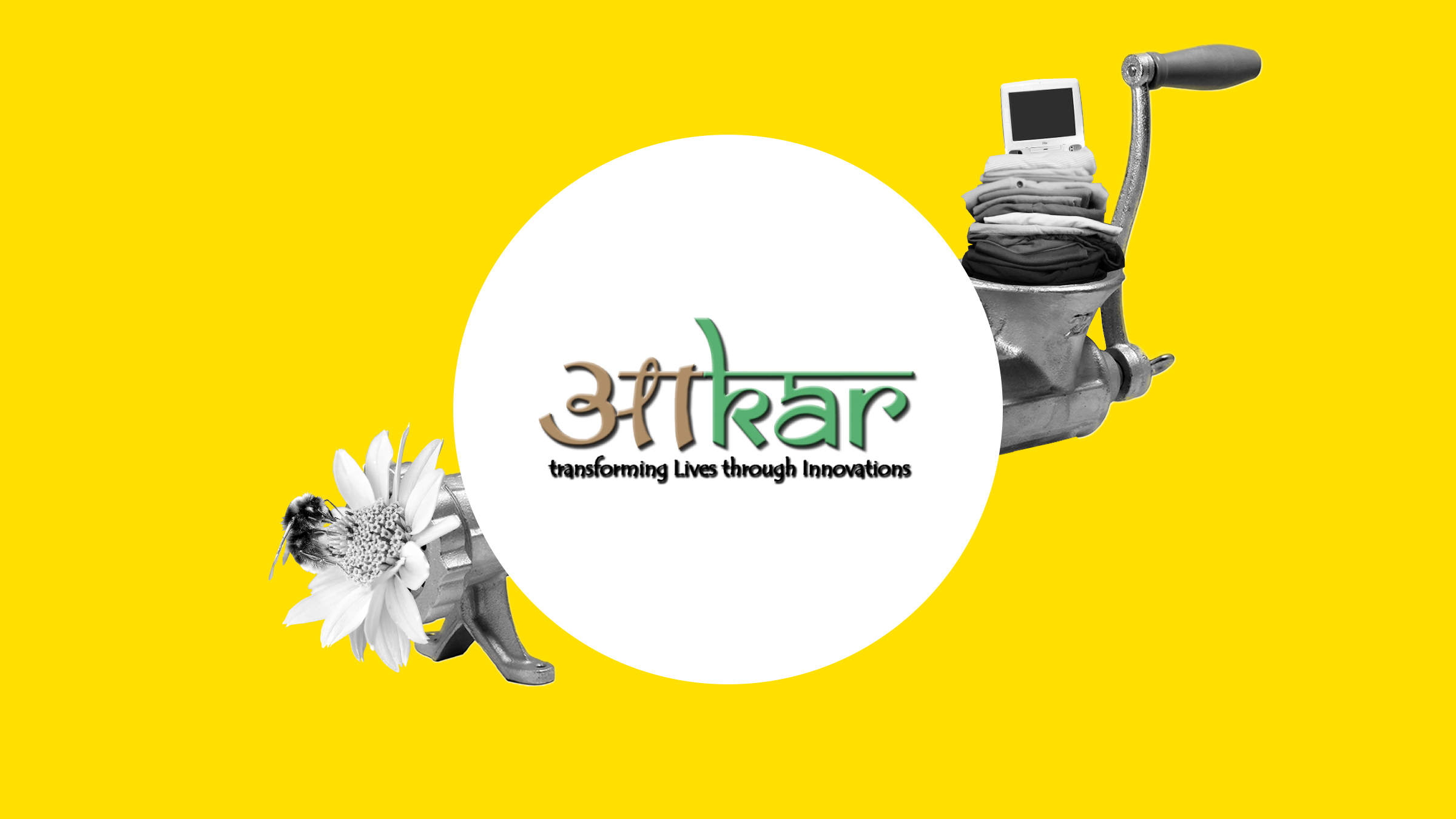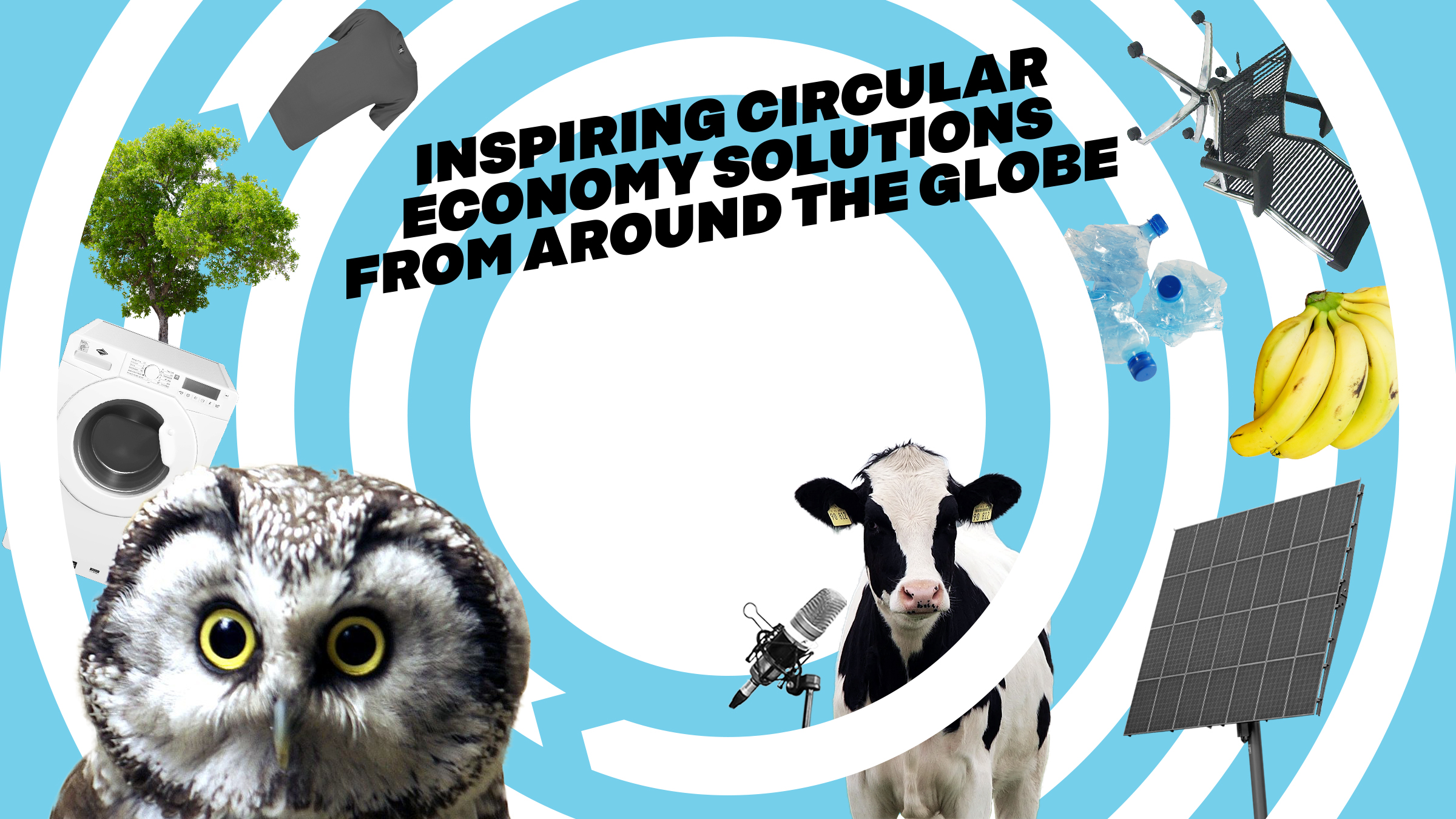Anandipad is the only sanitary pad in the world that is fully compostable and biodegradable. Increased access to sanitary napkins has important social relevance for women’s inclusion in society, and the biodegradable design eliminates the huge environmental impact of commercial plastic pads. Women are also empowered through the product’s manufacturing process, which happens in villages throughout India and Sub-Saharan Africa.
Knowing that people in rural villages must use unclean clothing during menstruation, the founder conducted field work in India and Afghanistan with the Aga Khan Foundation to identify a solution. The founder learned that an affordable safe and environmentally friendly design is key to increasing the use rate of sanitary napkins. With a local vendor they conducted R&D to find a natural replacement for plastic and expensive imported materials.
Problem
In India, only 36 per cent (121 million) of menstruating women use sanitary pads, but 12.3 billion sanitary pads go to landfills annually, which takes 500+ years to degrade.
At the moment, most sanitary pads are made of plastics and harmful chemical polymers. When burnt, the product releases toxic fumes and gases that pollute the ecosystem and negatively affect human health.
Solution
Anandipad sanitary pads are mainly produced in mini-factories involving village women as entrepreneurs and workers. This enables them to earn a sustainable livelihood and become financially independent. The production process uses local and natural resources, as the bioplastic used is made from cotton starch.
After disposal, the product can be recycled or used as fertiliser, which can be utilised for agricultural purposes. Currently the company has 30+ units across India and Nepal and 10 in African countries, partnering with local entrepreneurs and NGOs. The company is currently expanding sales to urban consumers by promoting its high quality, healthy and eco-friendly aspects.
Beyond compostable aspects, the solution incorporates circularity in its innovative use of raw materials. The solution uses local resources coming from natural plants and agricultural waste materials, even outside of its main market in India. For instance, in Kenya the company produces pads out of the invasive plant species water hyacinth.
Environmental impact
With 150,000 users currently, the solution helps reduce the sanitary pads that are disposed of in landfills annually in India. The use of natural plant-based resources, including invasive species of plants, also has a significant positive impact compared to plastic or monoculture crops.
Social impact
The solution improves impoverished women’s health and promotes employment. Over 1 million women have been reached with the compostable pads. There are over 600 women employed in production units, and 300+ women engaged in sales activities. Over 100,000 girls and women have been reached through a menstrual health awareness program and 600 workshops have been organised with women, girls and boys as part of the behavioural change program.


Inspired?
Check out all solutions.